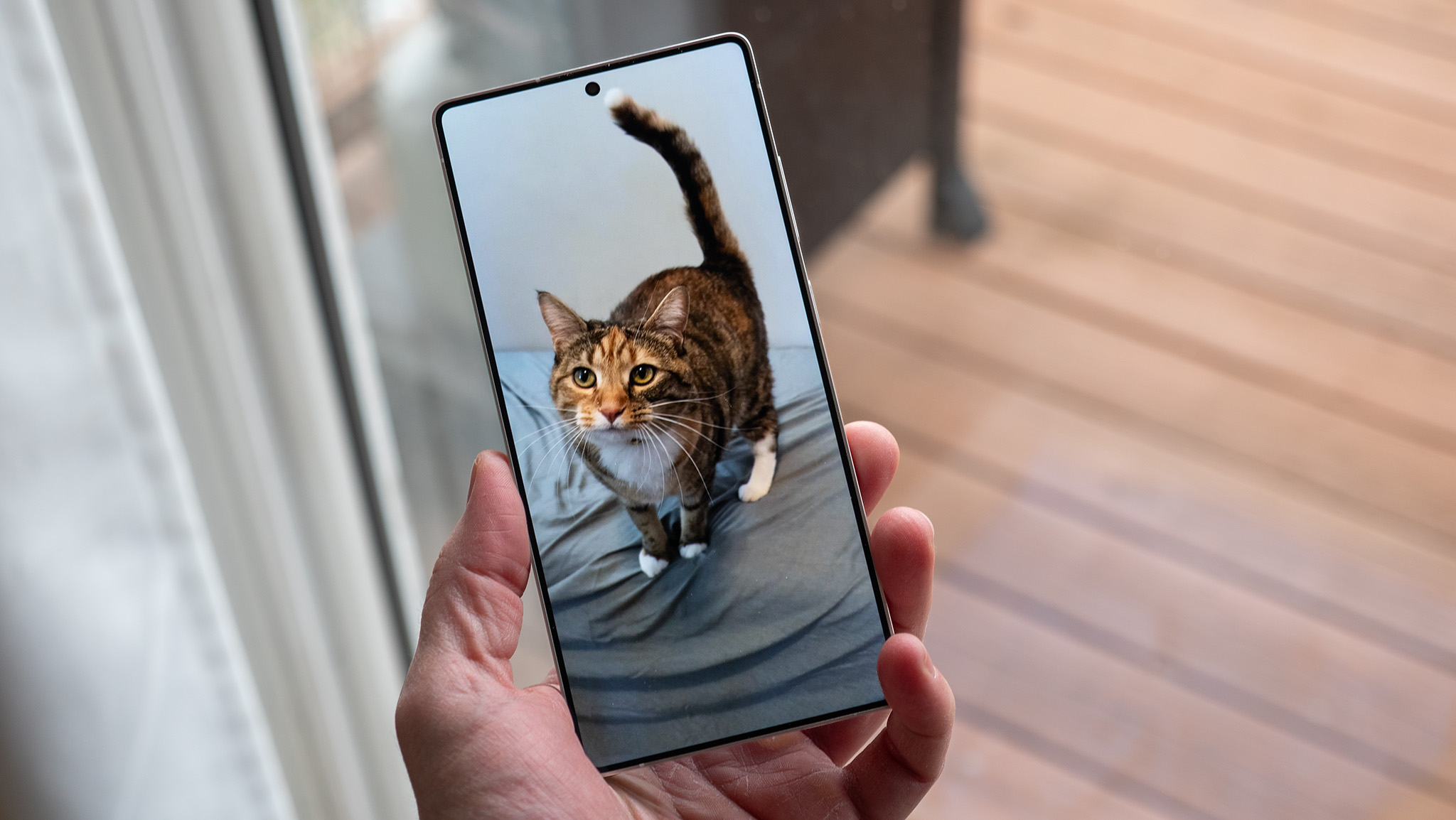The Note 10 is the best Android phone but this is why I use a Pixel

Get the latest news from Android Central, your trusted companion in the world of Android
You are now subscribed
Your newsletter sign-up was successful
If you look around the web you'll probably see the general consensus is that the Samsung Galaxy Note 10 or 10+ is the best Android phone you can buy. It has the best screen, the most memory, the most storage, and beats the competition hands down in almost every way. Almost.
There is one spot where Samsung has traditionally been very weak — writing its own software. It's getting a lot better at the user experience stuff — the latest version of Android 10 for Galaxy devices is both functional and good-looking. I'm talking about the low-level things, like an operating system.
Phone battle: Google Pixel 4 XL vs. Galaxy S10+?
That's why Samsung relies on Android. Android is designed and written for this very thing. A company like Samsung can build great hardware then use Android as a base layer for something to call its own. Be honest, would anyone really want to buy a Galaxy Note that ran Bada or Tizen?
Thankfully, there is no need to even ponder the question because Samsung can use Android freely and mold it into something uniquely Samsung. And that's where my issues begin.
I really don't like how much data Google collects, but I trust it to take good care of it.
I want to be clear — I do not like giving Google so much of my personal information and opt-out of anything that doesn't give me an equal value in return. But I do trust Google to handle my data like the million-dollar resource it is, and until I see a reason to revoke that trust, I'll continue to pay for Google services with user data.
More: Does Google sell your personal data?
Get the latest news from Android Central, your trusted companion in the world of Android
But when that Google service — let's use Google Calendar as an example — is colorized, has a few features added to it, still relies on Google's complete infrastructure but has a Samsung name attached, it means there is now a second term of service and privacy policy that comes into play. In case you haven't ever noticed, when you set up a Galaxy phone you have to agree to Google's data collection and Samsung's collection of the very same data.
Samsung also offers services that are written in-house. Like Samsung Pay, which explicitly says that it will only work in full if you allow Samsung to sell your data. There is no free software in existence that I am willing to allow to sell my data unless I am getting a cut.
Samsung collects data for the same reason other hardware companies do — to make the next version better.
I don't think Samsung is going to give your data away for no good reason. It's using it to monitor the apps you use, the time you spend on social media, what web sites you visit and everything else so it can make small changes in the next version to make it all better. All tech companies do this, and so far none have been caught purposefully making private user data available for the world to see.
And I might feel differently if I used Bixby, had a Tizen-powered Galaxy Watch, or lived in a mansion filled with connected Samsung appliances. But I don't do any of those things and choose to buy my "free" services only once through Google.
The Pixel 4 might not be the best phone you can buy, or even on that list. But since every company seemingly wants my personal information, I choose to give it away to just one of them.

Jerry is an amateur woodworker and struggling shade tree mechanic. There's nothing he can't take apart, but many things he can't reassemble. You'll find him writing and speaking his loud opinion on Android Central and occasionally on Threads.
